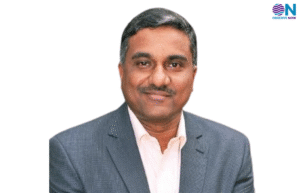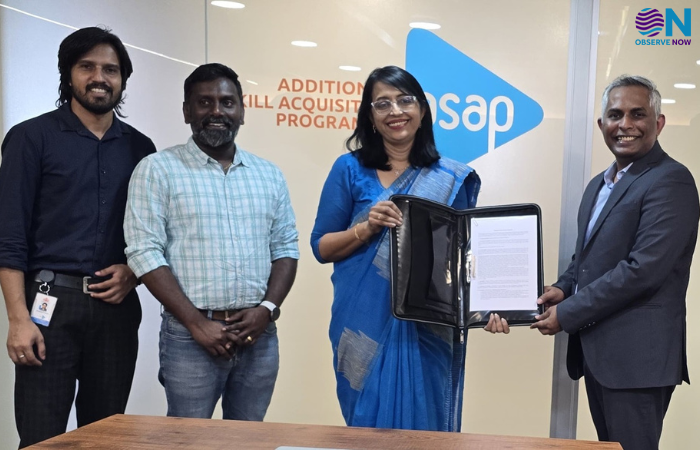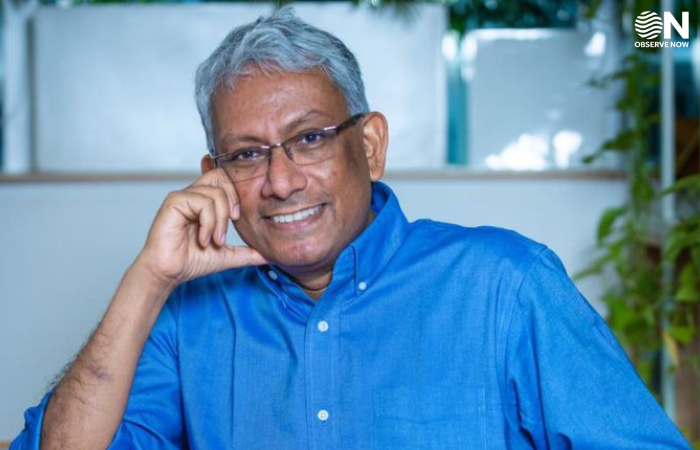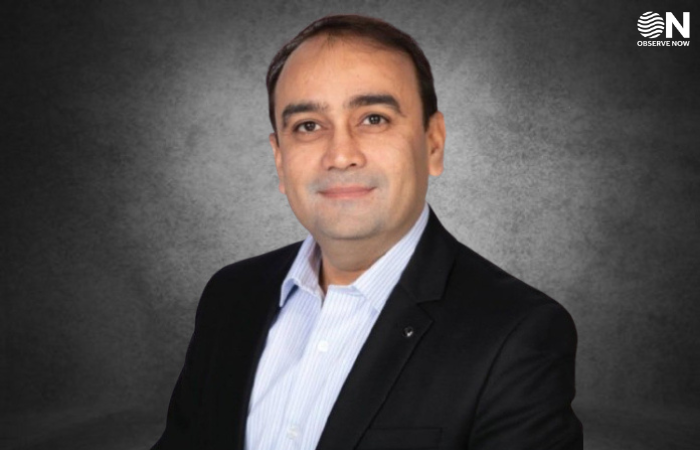Only 14% Security Leaders Balance Data Protection, Business Goals: Report
A critical challenge in the cybersecurity landscape is that only 14 percent of security and risk management (SRM) leaders successfully balance securing data assets while enabling their use for business objectives. Conducted between June and August 2024, the study surveyed 318 senior security leaders across industries worldwide, highlighting the ongoing struggle in aligning data security with business imperatives.
The survey found that while 35 per cent of respondents focus primarily on securing data and 21 per cent prioritise data-driven business growth, just one in seven leaders effectively manage to do both. This gap poses significant risks to organisations, including heightened exposure to cyber threats, regulatory penalties, and operational inefficiencies. In the long run, these vulnerabilities can erode competitiveness and stakeholder trust.
“With only 14 per cent of SRM leaders able to secure their data while supporting business goals, many organisations risk increased vulnerability and inefficiencies,” said Nathan Parks, Senior Specialist, Research at Gartner.
To bridge this gap, Gartner recommends that SRM leaders adopt a more strategic approach to data security governance – Reducing Governance-Related Friction, Aligning Governance Efforts with Internal Functions, Establishing Non-Negotiable Security Requirements Implementing Guardrails for Emerging Technologies, Enhancing Collaboration with Data and Analytics Teams.
As organisations continue to navigate the complexities of data security and business innovation, the ability to integrate both effectively will determine their long-term success. By adopting a balanced approach, SRM leaders can drive digital transformation without compromising security—a crucial imperative in today’s evolving threat landscape.





























